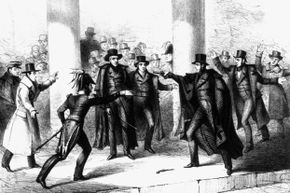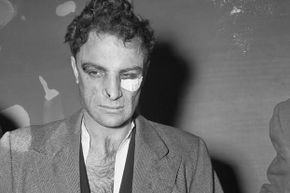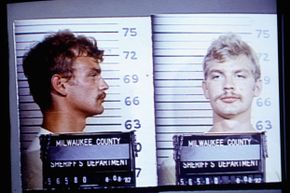In 2001, Andrea Yates drowned her five young children in the bathtub of her Houston home while experiencing severe postpartum depression. She was found not guilty by reason of insanity. Pleading insanity didn't help Jack Ruby, the man who killed President Kennedy's assassin Lee Harvey Oswald, though -- the jury found him guilty of murder and convicted him. Who's to judge another person's sanity? In the end, it all comes down to how convincing their argument is.
When you use the insanity defense, you're pleading that you are not guilty by reason of insanity or guilty by reason of insanity, or some variation along those lines, depending on the state in which you're charged. If you can prove you were legally insane at the time you committed the crime for which you're on trial, you can expect to be sentenced to psychiatric treatment rather than convicted and imprisoned.
Advertisement
We have an insanity defense to help protect people with mental illness. As you'll see, though, convincing a jury of your insanity is tricky, and only about 1 percent of cases that use the insanity defense are successful (and of that successful 1 percent, only about 15 to 25 percent of those cases are acquittals) [source: Lilienfeld]. Societies have been using some form of the insanity defense throughout history, and we're going to begin our list with Richard Lawrence, the man who tried to assassinate President Andrew Jackson.













